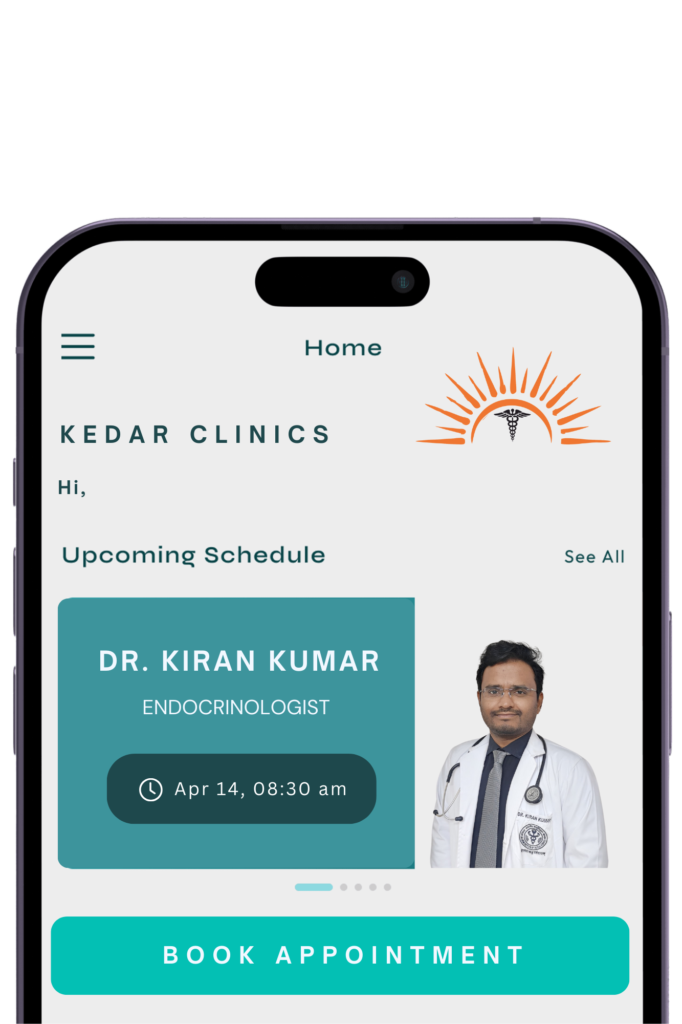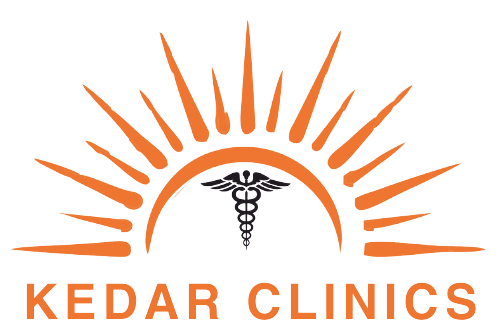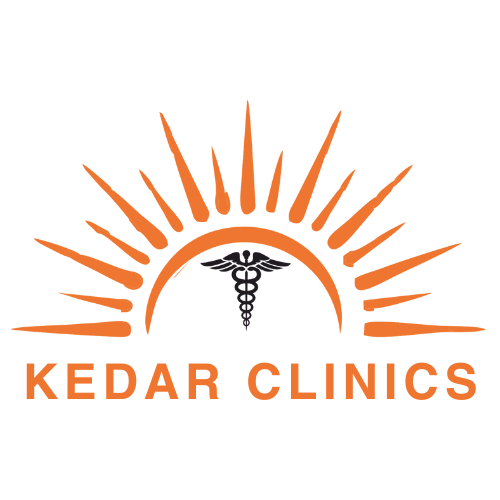Resistant Hypertension
We focus on uncovering the root causes of resistant hypertension with:
- Hormonal assessments for conditions like:
- Primary aldosteronism (excess aldosterone production).
- Cushing’s syndrome (high cortisol levels).
- Pheochromocytoma (adrenal gland tumor).
- Imaging studies, including renal artery Doppler ultrasound, CT scans, or MRI for kidney and adrenal evaluation.
- 24-hour ambulatory blood pressure monitoring (ABPM) for accurate blood pressure readings.
- Sleep studies for diagnosing obstructive sleep apnea.
- Treatment for primary aldosteronism using aldosterone antagonists (e.g., spironolactone, eplerenone).
- Management of adrenal-related hypertension with medications or adrenalectomy in specific cases.
- Treatment of Cushing’s syndrome and other endocrine disorders contributing to high blood pressure.
- Tailored dietary plans to reduce sodium intake and optimize potassium levels.
- Weight loss programs to manage obesity-related hypertension.
- Stress management techniques and physical activity plans to improve cardiovascular health.
- Referral and coordination for procedures like renal denervation or stenting for renal artery stenosis.
- Surgical treatment for adrenal tumors, pheochromocytoma, or other structural causes of hypertension.
- Referral and coordination for procedures like renal denervation or stenting for renal artery stenosis.
- Surgical treatment for adrenal tumors, pheochromocytoma, or other structural causes of hypertension.
- Regular follow-ups to monitor blood pressure control and medication effectiveness.
- Ongoing evaluation of hormonal levels to prevent recurrence or complications.
- Counseling to ensure adherence to treatment plans and lifestyle modifications.
FAQs on GROWTH AND PUBERTY DISORDERS
Resistant hypertension is high blood pressure that remains uncontrolled despite using three or more different antihypertensive medications at optimal doses. It requires specialized evaluation and management.
Common causes include:
✅ Hormonal disorders (thyroid issues, adrenal problems)
✅ Kidney disease or narrowing of kidney arteries
✅ Obesity, sleep apnea, or excessive salt intake
✅ Medication interactions or poor adherence
✔ Blood tests & hormone analysis to check for underlying conditions
✔ Kidney function tests & imaging to assess renal health
✔ 24-hour blood pressure monitoring for accurate assessment
✅ Medication adjustments or adding aldosterone blockers
✅ Lifestyle modifications – diet, exercise, stress management
✅ Treating underlying causes like sleep apnea or hormonal imbalances
Check Out Feedback From Our Satisfied Patients!
EXCELLENTTrustindex verifies that the original source of the review is Google. Dr. Kiran Pasam is the best Endocrinologist and Diabetologist in Hyderabad, particularly in the Manikonda and Gachibowli areas. He is highly qualified, having earned his DM from AIIMS. I took my father to him for diabetes treatment, and instead of simply prescribing more medications, Dr. Kiran emphasized the importance of lifestyle modifications, weight loss, and dietary changes to potentially reverse the condition. He was very patient, taking the time to explain scientifically what needed to be done. We are truly grateful to Dr. Kiran. May more diabetic patients and those with hormonal issues find healing through his care. Thank you, Dr. Kiran!Trustindex verifies that the original source of the review is Google. The moment i visited kedar Hospital consulted Dr Kiran Kumar garu , who explained clearly about the overall treatment and pre and post surgery precautions for my mother thyroid surgery. Before and after Dr kiran sir recommended some tests related to surgery, everything is planned and done perfectly. i am very much satisfied with the quality of service and normfree support given for me. if any body want to go for thyroid and related surgery also sugar related problems,i strongly recommend kedar Hospital for expert treatment. Best Hospital with expertise Doctors and Staff. Thanks to kedar Hospital Dr kiran Kumar.Trustindex verifies that the original source of the review is Google. Trustindex verifies that the original source of the review is Google.
Ready to take the next step?
Visit us today and take the next step toward better health! Book Now.





